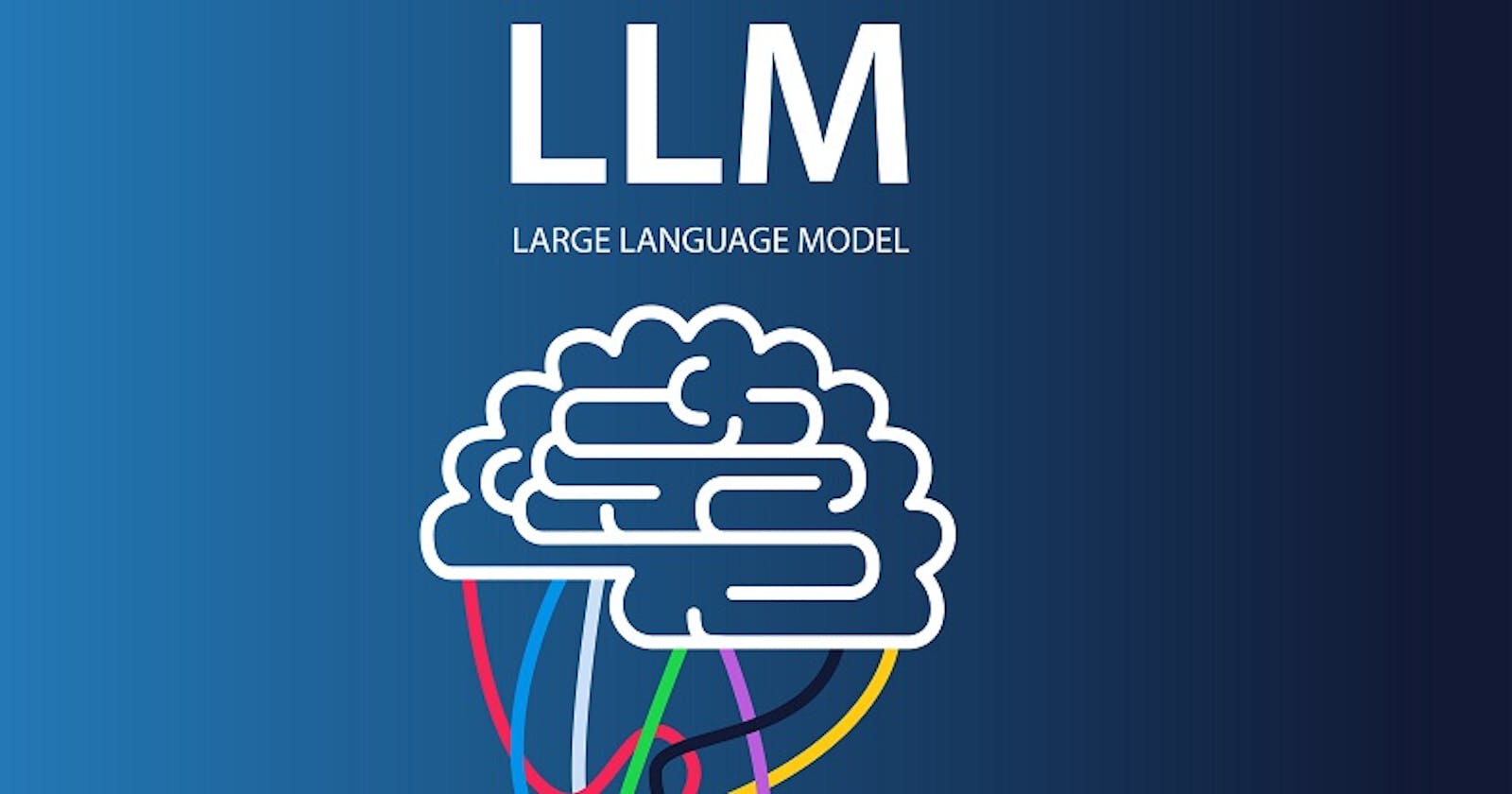Unleashing the Power of AI Language Models to Transform Content Creation, Personalization, and Automation
Introduction:
Language Models (LLMs) have emerged as a groundbreaking technology that is revolutionizing the web as we know it. In this article, we will explore what LLMs are and how they are set to reshape the future of the web.
Understanding LLMs:
LLMs, or Language Models, are sophisticated artificial intelligence systems designed to understand and generate human-like text. Powered by advanced algorithms and vast amounts of training data, LLMs can comprehend and produce language in a remarkably natural manner. Examples of well-known LLMs include GPT-3 and GPT-4.
Capabilities of LLMs:
LLMs possess impressive natural language processing abilities. They can interpret and generate text that is often indistinguishable from that written by humans. The potential applications of LLMs span across various fields, including content creation, customer service, data analysis, and more.
LLMs and Content Creation:
One of the most significant ways LLMs are transforming the web is through content creation. These models are capable of generating high-quality articles, blog posts, and social media content, streamlining the creative process. However, challenges such as maintaining authenticity and addressing biases must be carefully navigated.
LLMs and Personalization:
LLMs offer a new level of personalized user experiences. By understanding individual preferences and behaviors, LLMs can generate tailored recommendations and suggestions. This personalization has the potential to enhance user engagement and satisfaction. Nevertheless, ethical considerations regarding user privacy and consent need to be carefully addressed.
LLMs and Automation:
The automation potential of LLMs is immense. They can automate various tasks and workflows, from customer service interactions to data analysis. While this streamlines processes and increases efficiency, it also raises concerns about potential job displacement and the ethical use of LLMs in the workforce.
Ethical Considerations and Challenges:
As LLMs continue to evolve, ethical considerations become paramount. Bias and misinformation are significant concerns, as LLMs can inadvertently perpetuate and amplify existing biases in their output. Responsible development and ongoing research efforts are essential in addressing these challenges and ensuring the ethical use of LLMs.
Conclusion:
The rise of LLMs signifies a paradigm shift in the future of the web. These powerful language models have the potential to transform content creation, personalization, and automation. As we navigate this new frontier, it is crucial to consider the ethical implications and strive for responsible development. LLMs offer exciting opportunities, and by leveraging their potential wisely, we can shape a future web that benefits users and society as a whole.
